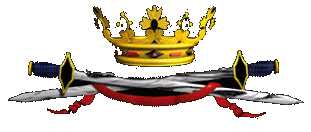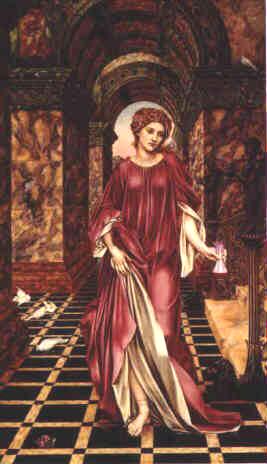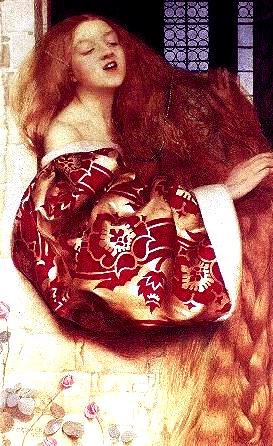|

Medieval History
Page 1
- 31 B.C. The Battle of Actium, in which Octavian, the adopted son of Julius Caesar, defeated the combined forces of the Roman Marc Antony and the Egyptian Queen Cleopatra, thus establishing his sole control of the Roman state and adding Egypt to Roman territories.
- 27 B.C. Octavian closed the doors to the Temple of Janus, a symbol that the entire Roman world was at peace. This was the official end of the civil wars and of the Republic, and the beginning of the Roman Empire.
- 31 B.C. - A.D. 14 The reign of Emperor Caesar Augustus.
- 64 AD Rome devastated by a great fire. Many think that the the fire was started at the command of the emperor Nero. Nero blamed the Christians and executed many of them in a great persecution. From this time until 313, Christians were subject to the sort of persecutions that once were practiced against the Jews.
- 212 A.D. The Edict of the Emperor Caracalla awarded Roman citizenship to all free inhabitants of the empire.
- 235-283. The breakdown of constitutional government in the Roman empire and a period of military anarchy, sometimes called "the Age of the Thirty Tyrants," caused by pressure on Roman frontiers by Germanic tribesmen in the West and by the Persian empire in the East.
- 284-305. The reign of the Emperor Diocletian. Diocletian saved the empire from complete collapse. The empire was split into a western half, with its capital at Ravenna, and an Eastern Empire, with its capital at Constantinople. Foreigners were recruited to serve in the armies, taxes raised to very high levels, social mobility was ended, and Christians were severely persecuted.
- 306-337. The reign of the emperor Constantine the Great. Constantine built on Diocletian's foundations.
- 313 By the Edict of Milan, the persecution of Christians was ended, and Christianity was given equal status with other religions. Christianity was continually given more privileges and responsibilities within the government that, by 396 it had become the official religion of the Roman empire and was acting as a branch of the imperial government.
- 325 The emperor called all Christian bishops together at the Council of Nicaea to define the nature of Christian doctrine.
- 330 The new capital of Constantinople is dedicated.
Medieval History page 2




|






